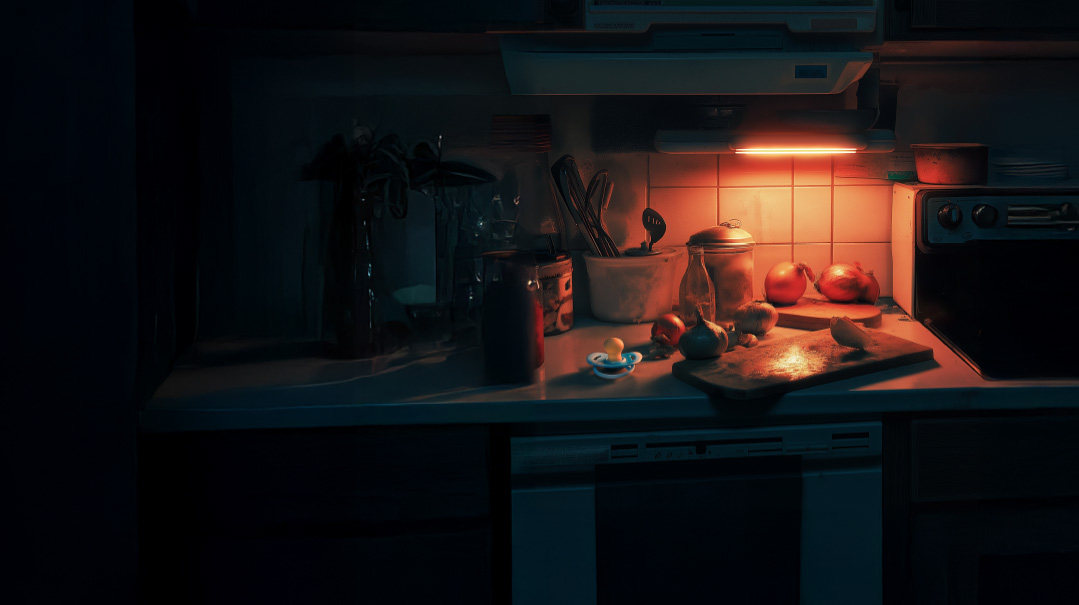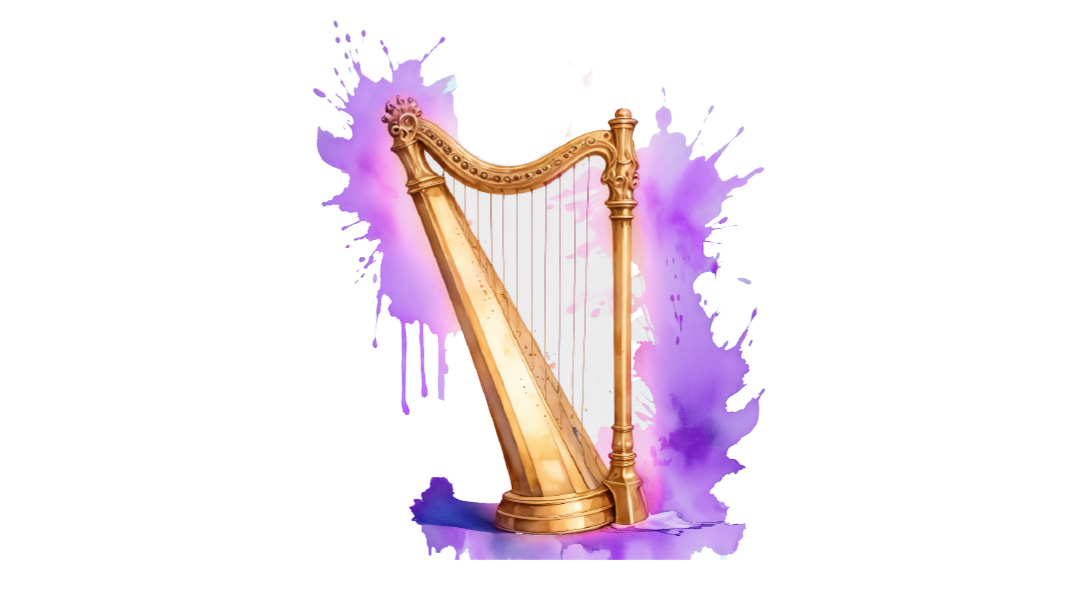True to Me
| August 10, 2021I turned myself into a pretzel trying to do what was “right”

I started dating at the fairly typical age of 19, but only got married 20 years later. Throughout those years of dating, I was blessed. I lived at home with my parents with whom I had a good relationship. I had a solid group of supportive, fun, lively friends, both married and single, and the unwavering support and encouragement of a rebbetzin whom I respected and relied on. I also had a great job I loved and in which I saw a lot of success.
I got to travel the world and explore fascinating places. Through hard spiritual and emotional work, I was able to accept my situation and created a life for myself that allowed me to be happy, healthy and whole during those challenging years of singlehood.
I won’t deny that some days were full of heartache, and I cried myself to sleep countless nights over dreams and hopes that weren’t fulfilled. It wasn’t easy to balance the supreme joy of a sibling’s happy occasion while simultaneously feeling the pain of not having that same thing for myself. It was hard to watch my siblings and friends get married, have kids, make brissim, upsherins, bar mitzvahs, and weddings, while I was the lonely guest, the one showing up noticeably, conspicuously, painfully on my own.
I was what could be called a “good dater.” I was fairly easy-going, friendly, and non-judgmental. I gave everyone a chance, listened to shadchanim when they said try one more time, dated guys who were perhaps suitable, though I was certain they weren’t, and spoke to professionals, a rebbetzin, and dating mentors to make sure I was making sound decisions.
But I was living in a world where everyone wanted me to be happy, which meant they wanted to see me married. With my best interests at heart, they offered advice, guidance, and constructive feedback. They were motivated by good intentions, but often contradicted my mentors.
And yet, I listened to them. I listened to those voices telling me not to be picky, telling me to adjust what I was looking for because what I wanted was “unrealistic” and “didn’t exist.” I was apparently “too frum” and needed to be “more open-minded.”
I was told it wasn’t smart to trust my gut and that maybe I didn’t know what I really needed. I was assured that as a wife, I could mold a guy into the husband I wanted, so I should overlook the “non-essentials” that were bothering me. I was instructed to give the guy one more chance because perhaps he wasn’t fully himself and I didn’t really get the opportunity to know him. I was informed that the reasons I provided for saying no were invalid, and that if I really wanted to get married, I should see it through to the end (which usually meant dating until the guy said no). I was advised to tone down my personality, to not share all I’d accomplished because guys found me intimidating.
I was informed that I must send a picture of myself. Sometimes even that wasn’t enough, it had to be a full-length picture. Perhaps I should even get my hair and makeup done and go to a professional photographer? Someone once said to me that I was so much cuter in real life than in my picture, and suggested I photoshop my photograph so it reflected more of what I really looked like.
Past a certain age, I was encouraged to attend singles events, go to mixed Shabbos meals, and “get myself out there” so that people would see me, think of me, remember I was still around.
I was told many, many things, and like the conscientious student I was, I listened to it all.
Oops! We could not locate your form.







